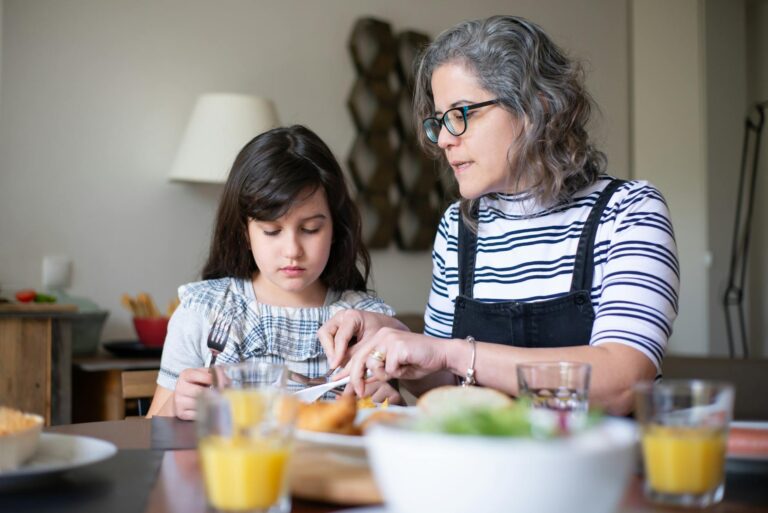There are moments in life when you realize that no matter how much you want to fix someone’s struggles, especially those tied to their mind, it’s simply not possible. The phrase **”I can’t fix her brain, but I can hold her hand”** captures this deeply human truth — that sometimes the best support we can offer is our presence and compassion rather than solutions.
Mental health conditions like schizophrenia or severe anxiety are complex. They affect how a person thinks, feels, and behaves in ways that aren’t easily changed by willpower or advice. Treatments such as medication and therapy help manage symptoms but don’t instantly “fix” the brain. This reality can be frustrating for both the person experiencing these challenges and their loved ones who want to help.
What matters most is understanding that healing isn’t always about curing or changing someone’s condition overnight. It’s about walking alongside them through uncertainty and difficulty — offering patience when they pull away, encouragement when they feel lost, and unconditional love even on tough days.
Holding someone’s hand symbolizes being there without judgment or pressure. It means listening more than talking, validating feelings instead of dismissing them, and reminding them they’re not alone in their journey. This kind of support builds trust and safety — essential foundations for any progress toward wellness.
Supporting a loved one with mental illness also means educating yourself about what they’re going through so you know how best to respond without enabling harmful patterns or losing your own well-being. It involves recognizing signs of relapse early while celebrating small victories together.
Ultimately, **you cannot control another person’s brain chemistry**, but your steady presence offers something just as powerful: hope grounded in connection rather than cure; strength found in solidarity rather than fixing; comfort born from empathy rather than solutions.
In holding her hand through the storm inside her mind, you become part of a healing process far beyond medicine—a reminder she is seen fully as she is: human first, worthy always of care no matter what challenges lie ahead.





